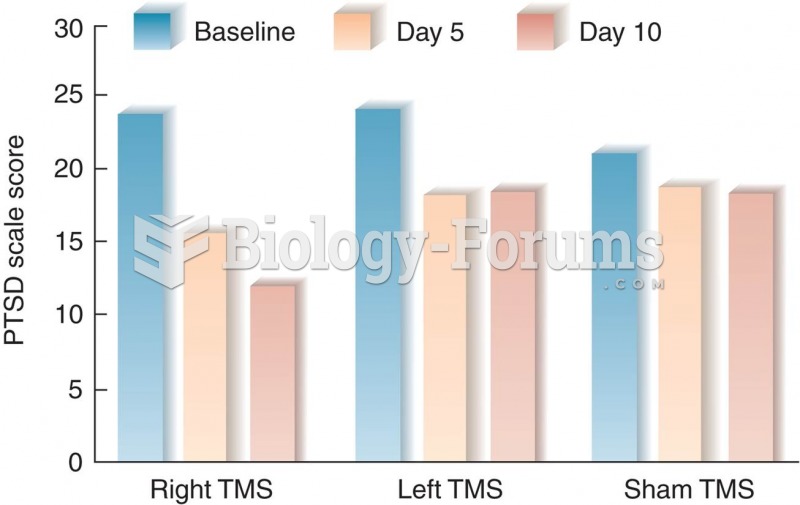Answer to Question 1
In the course of their duties, patrol officers may have to confront highly disturbing or stressful situations, such as responding to a particularly gruesome accident, taking testimony from a sexually abused child, or having had their own personal encounter with serious injury. In situations where officers have had to use lethal force, the months afterwards can be filled with sorrow and second-guessing one's own actions. The response of police officers, firefighters, and other emergency workers in the horrific events of domestic and international terrorism evidenced in the Oklahoma City Bombing and the attacks of September 11 demonstrate both the courage of so many in these professions, as well as the gravity of situations they can be called upon to face in the course of their duties.
In some cases, traumatic incidents can lead to the development of PTSD in law enforcement or other emergency personnel. The diagnostic criteria for PTSD are as follows:
The person experiences a traumatic event that involved the actual or threatened death or injury to self or others;
The traumatic event is persistently re-experienced through recurrent and intrusive recollections or dreams, acting or feeling as though the event were reoccurring; and
Intense psychological distress and physiological reactivity upon exposure to internal or external cues resembling an aspect of the traumatic event.
In some cases, there may not be one single traumatic event, but rather a cumulative weight of numerous stressors. Officers develop numerous coping mechanisms for dealing with these stressors, including the isolation of feelings, use of seemingly callous humor, and shutting off of the outside world characteristic of the insular police subculture. In many cases, however, these coping and defense mechanisms are not enough, requiring more formal intervention services. Some of these interventions might consist of a day-long workshop; other officers may require more intensive services.
Answer to Question 2
TRUE







